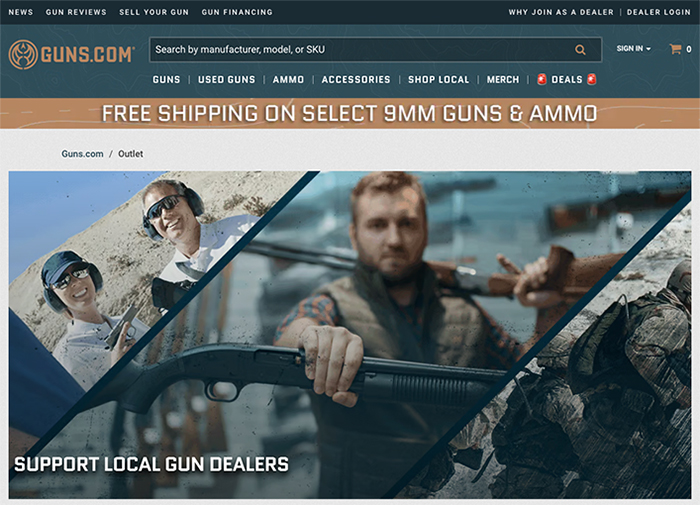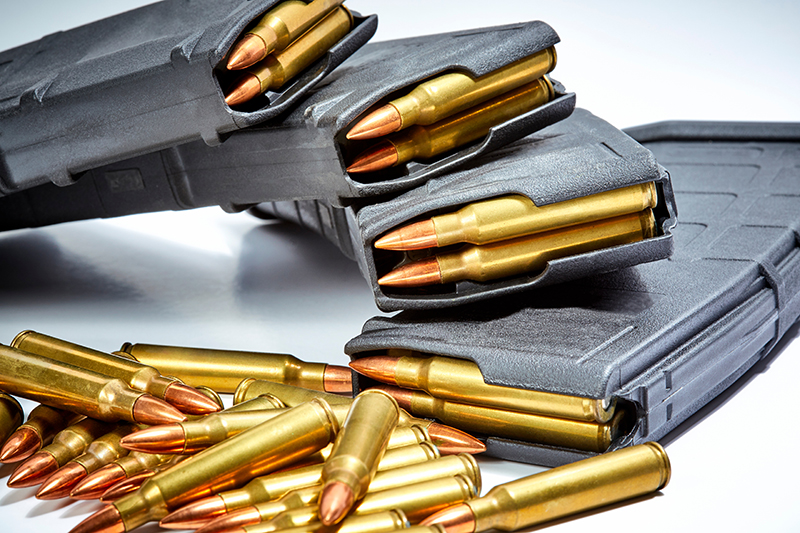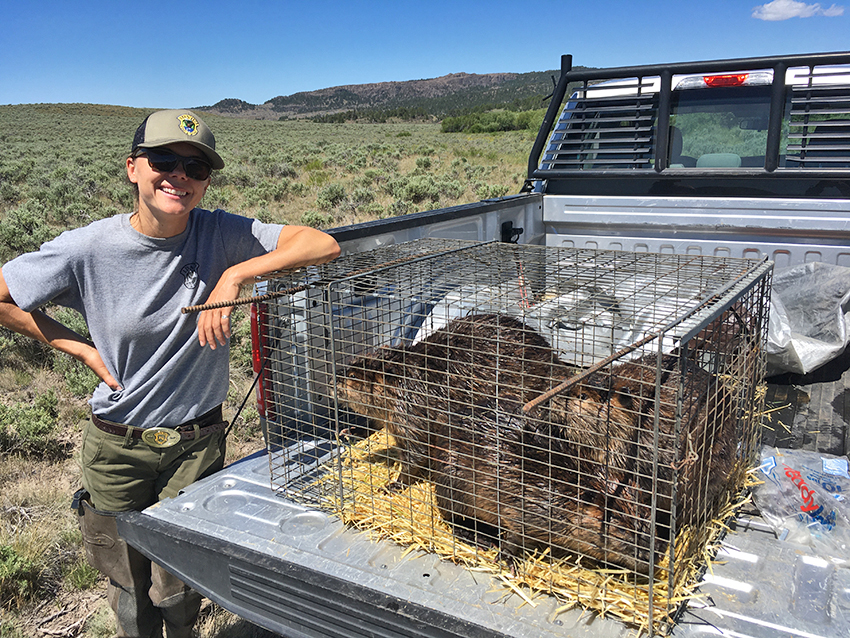The Big Boxes Are The Problem!
Editor’s Note: The following are letters that were published in Shooting Industry’s Sept. 2022 issue. A storefront dealer weighs in on a topic that has been roundly covered throughout the year — rather than viewing home-based FFL dealers as “pariahs,” he pins the blame on big-box stores for diminishing margins on firearms and more. Do you agree/disagree? Send us an email: editor@shootingindustry.com.
After 32 Years, I Just Gave Up …
I operated my brick-and-mortar outdoor specialty sporting goods store in my commercial building on highway frontage for 20 years with an FFL as a “side business” at that location. I stocked shooting accessories and ammunition, but did the firearms sales by special order only for two reasons:
1. Being outside of town on the highway and having suffered five smash-and-grab burglaries over the years, it was just too much of an enticement for the criminals for me to stock any firearms.
2. More importantly, the retail/sale pricing of common sporting firearms at the big-box stores (Walmart, Sportsman’s Warehouse and Fred Meyer [that now, like Dick’s, no longer sells firearms or ammunition], etc.) was often less than my wholesale cost.
In my opinion, the manufacturers and distributors who allow/encourage the big-box stores to sell their firearms for 10–15% margins over wholesale are the real culprits! These big-box stores are the ones that have run the retail prices of firearms down to these pathetic margins, not the small stores and home-based FFL dealers.
When I sold my sporting goods business and the new owners moved it into town (without an FFL), I continued to serve my loyal customers for 12 more years with NICS checks for a $15 fee, shipping and receiving firearms to Alaska (to avoid transit issues through Canada), special orders of firearms for “wholesale cost plus freight plus 10%” and case quantities of ammunition and reloading supplies on that same basis — from my highway commercial building. But after a few years, my local Anchorage wholesaler cut me off for ammunition and reloading supplies, apparently because another FFL complained I was “no longer a stocking dealer.”
Then last fall I sold my commercial building and moved my other unrelated business to my home property. ATF resisted allowing the transfer of my FFL to my home location (without a separate dedicated building), so I gave up. It seems like no one wanted me to continue business except for my customers.
Two other local small FFLs have gone belly up since my decision. There’s now only one small gunsmith and one ammunition store left in our community, along with two big-box stores. If the trend continues, it will soon just be the box stores, until they make a corporate decision to abandon the firearms industry. We should all be working together
for a stable, vibrant industry instead of stabbing each other in the back — just sayin’.
— Walter Ward, Former Owner
Wild Way Guns, Soldotna, Alaska
Hitting A Brick Wall Without “Brick Walls”
I just received my first issue of Shooting Industry and eight pages in, Letters To The Editor struck a chord. [Nango Arms Co-Owner] Benjamin TenWolde hit the nail on the head (July 2022). I’ve experienced everything he’s said. I’m a small home-based FFL and invested heavily to obtain one of my distributor accounts. I would never do that again.
Essentially, I purchased what I could afford to meet the requirements. At this point, I’m offering them at cost, just to recoup my money. It’s much better to buy and pay immediately than to get terms. And like Benjamin, I, too, have hit brick walls with some distributors because I don’t have those “brick walls.”
Terms are nice, but hindsight being 20/20, I wouldn’t do it again. It’s a steep price to pay and still get ignored. Even when you have a high-end item on your “wants list” that’s allocated, you get nowhere.
Like other home-based dealers, it’s tough to get started and worse to have funds tied up in garbage inventory. I’m not giving up.
— Michael Miller, Owner
Fox Hill Transfers, Statesboro, Ga.
Right Is Right, Wrong Is Wrong
This is my second response to your ongoing series on how small gun stores are “pariah dealers.” I just read “Business Partners For ‘Pariah Dealers’” on ShootingIndustry.com in which an individual names two small store-friendly distributors.
I’d like to point out letting someone fill out a credit application and actually making inventory available to them are two different things. I’m one of the longest-running FFLs in my area. I keep trying — even as at least three gun stores have come and gone since I started. The reality is: If another person wants to open a gun store across the street from me, the same supplier would sell to them, too. The distributors, for the most part, don’t care if the small store survives.
When a new store opens, their desire is to be a good store and will usually buy several firearms in order to get “Gold Dealer” status. I’ve made these purchases many times myself in order to maintain such status. Each time it was usually followed by a new store opening up just a few miles from me — inevitably taking business away from me. A few years later, they’re out of business. There’s no limit on how many gun stores they’ll supply within a short distance.
To be honest, I wouldn’t have renewed my FFL this past year but my wife wanted me to give it some more time. I’m at the point that if distributors blackball me, I don’t care. Someone needs to help bring accountability. That’s the main reason we got started in the firearms business anyway. It was during a previous presidency several years ago when a $1,000 AR was going for $3,000 and a $12 box of ammo was going for over $50.
I understand the law of supply and demand and realize people have to make a living, but right is right and wrong is wrong. We’re all Americans and we should be in this together, but it no longer seems that way. Until things change I’ll continue to build my firearms training and martial arts business. Someday, I’ll hopefully find a distributor who wants me to succeed as much as I want them to succeed. Here’s to America.
— Dave Apel, Owner
New Freedom Enterprises, Moberly, Mo.




